That situation shows that, in that moment, the student may have somewhat lost faith in education , not because of wrong knowledge but because of the discrepancy between what they hear and what they see.
“Education by example” has long been considered a basic ethical principle with teachers demonstrating exemplary behavior, students will have a specific role model to follow. Normative behavior is behavior that is consistent with regulations, laws, or social ethics such as driving in the right lane, not littering, being polite to the elderly... But a normative behavior does not necessarily reflect an internal transformation process. Internalizing norms is the process in which social norms become part of an individual's internal value system when they believe that the behavior is correct, necessary, and voluntarily performed without being monitored or threatened.
Students of Dak Lak Medical College presented flowers to express gratitude to lecturers on Vietnamese Teachers' Day, November 20. Photo: Thanh Huong |
In reality, there can be a disconnect between outward behavior and inner beliefs. A person may behave “properly” out of social pressure, fear of punishment, a desire for praise, or simply out of imitation, rather than because they truly believe in the meaning of the behavior. For example, a student may not cheat on an exam because they fear suspension, not because they respect academic honesty. This suggests that correct behavior does not necessarily reflect strong inner values.
The challenge in education, then, is not just to “force” people to behave correctly, but also to help them understand, believe, and voluntarily behave correctly. This is why many progressive education systems emphasize the role of liberal education, a reflective moral education, where people are invited to dialogue, question, and co-create a system of values instead of simply repeating externally imposed standards. That is when “education by example” becomes a deeper concept than “education by example”.
Conduct is not simply the demonstration of proper behavior but the profound presence of a teacher, including inner life and personality. For students, the way teachers face and handle pressure, hurt and show understanding of others can become implicit educational messages that "stay" for a long time in the personality of the learner.
Intrinsic education is the way teachers recreate social structures in the teacher-student relationship, not by imposition but by transformation. In it, students are not led by rewards or punishments but are awakened by internal motivation, that is, the individual's own need to live well, to learn to understand life, to become a better version of themselves. Different from exemplary education - which is often "shown" externally, intrinsic education is the process of living truly and truly, requiring unity between inner values and social behavior. It is a special form of social capital (trust) that teachers accumulate every day, not by authority, but by a human presence, flawed but kind and trustworthy.
In the context of modern society, students have many channels to access knowledge but lack a place to learn how to live, so the teacher is no longer the one who "communicates", but the one who inspires meaningful life. That is the path from "education by example" to "education by example".
Source: https://baodaklak.vn/giao-duc/202507/tu-giao-duc-lam-guong-toi-than-giao-6e215ac/


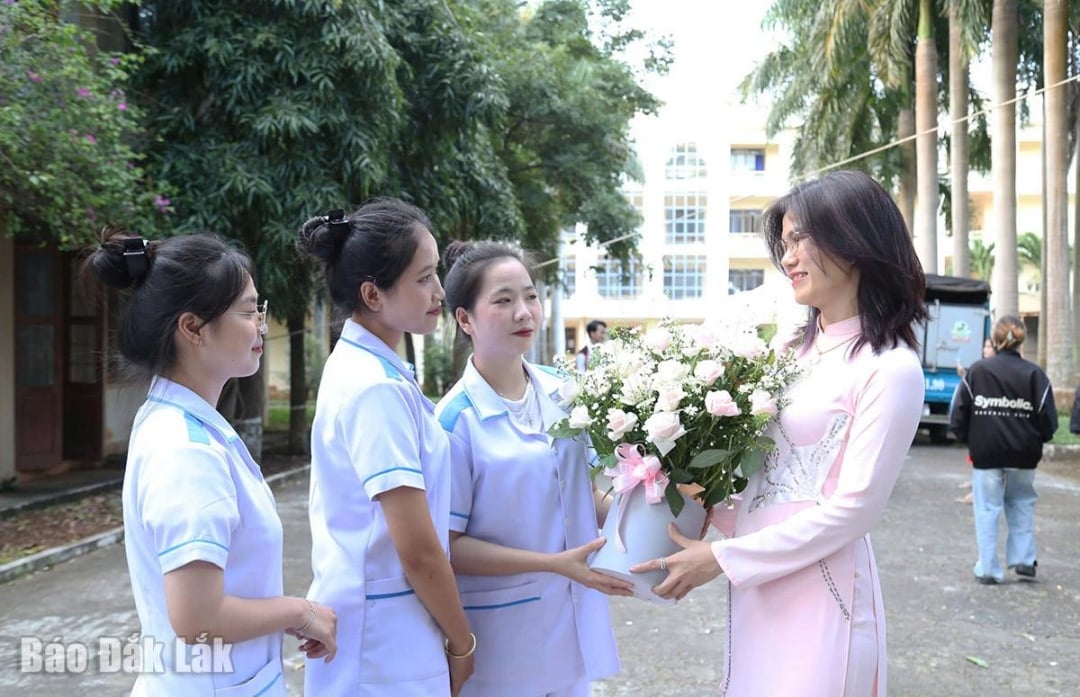
![[Photo] President Luong Cuong receives President of the Senate of the Czech Republic Milos Vystrcil](/_next/image?url=https%3A%2F%2Fvphoto.vietnam.vn%2Fthumb%2F1200x675%2Fvietnam%2Fresource%2FIMAGE%2F2025%2F11%2F20%2F1763629737266_ndo_br_1-jpg.webp&w=3840&q=75)
![[Photo] Lam Dong: Panoramic view of Lien Khuong waterfall rolling like never before](/_next/image?url=https%3A%2F%2Fvphoto.vietnam.vn%2Fthumb%2F1200x675%2Fvietnam%2Fresource%2FIMAGE%2F2025%2F11%2F20%2F1763633331783_lk7-jpg.webp&w=3840&q=75)

![[Photo] National Assembly Chairman Tran Thanh Man holds talks with South Korean National Assembly Chairman Woo Won Shik](/_next/image?url=https%3A%2F%2Fvphoto.vietnam.vn%2Fthumb%2F1200x675%2Fvietnam%2Fresource%2FIMAGE%2F2025%2F11%2F20%2F1763629724919_hq-5175-jpg.webp&w=3840&q=75)


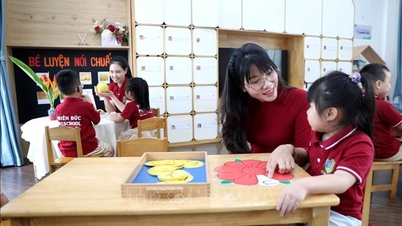

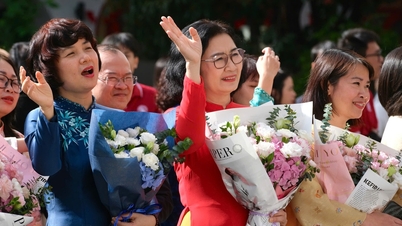

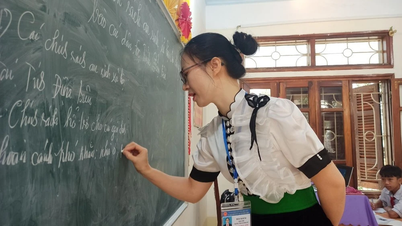



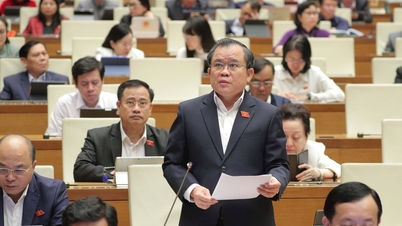

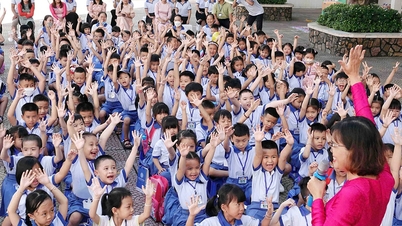

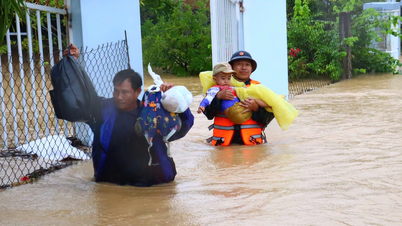













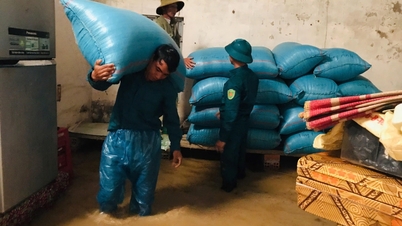


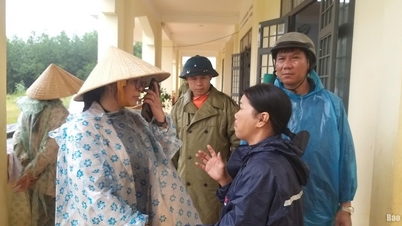













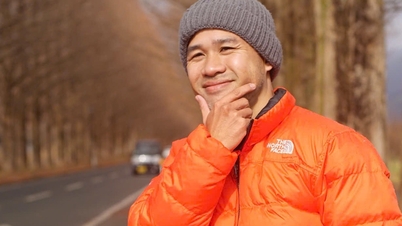
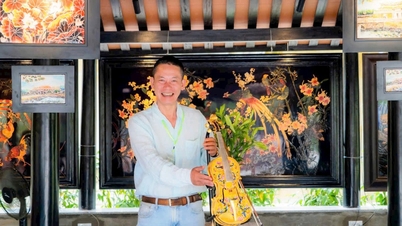
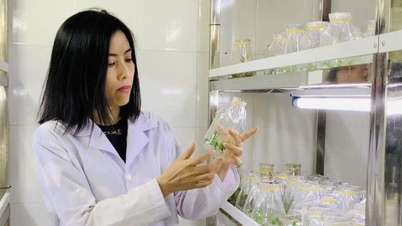

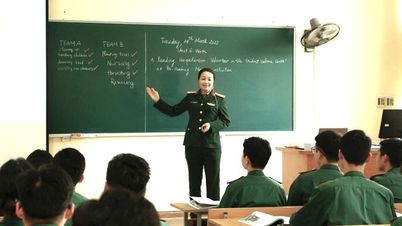

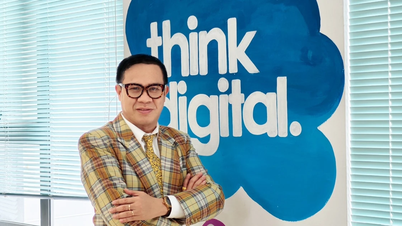


















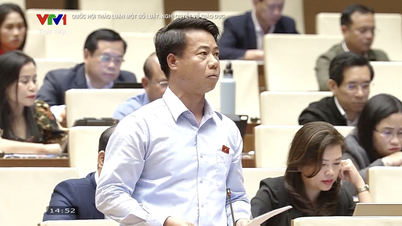



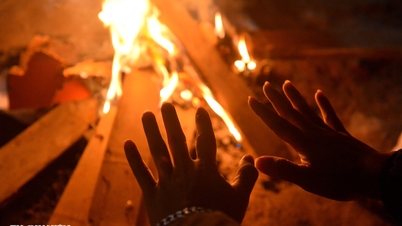









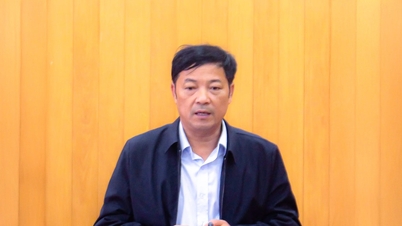

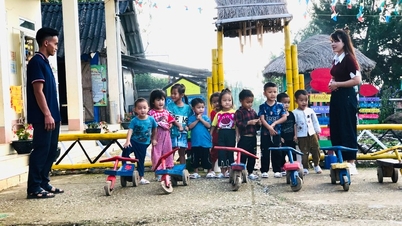















Comment (0)